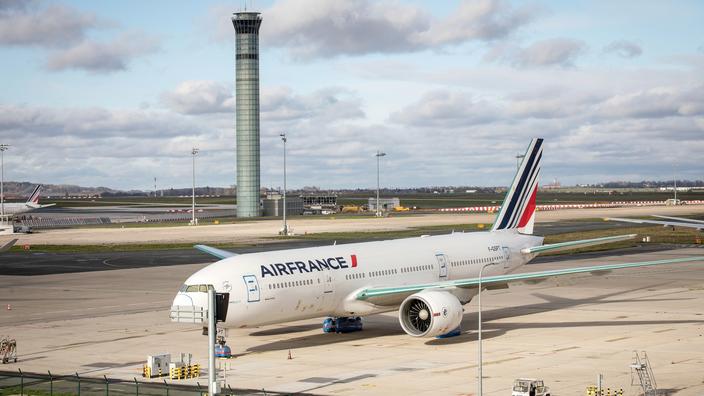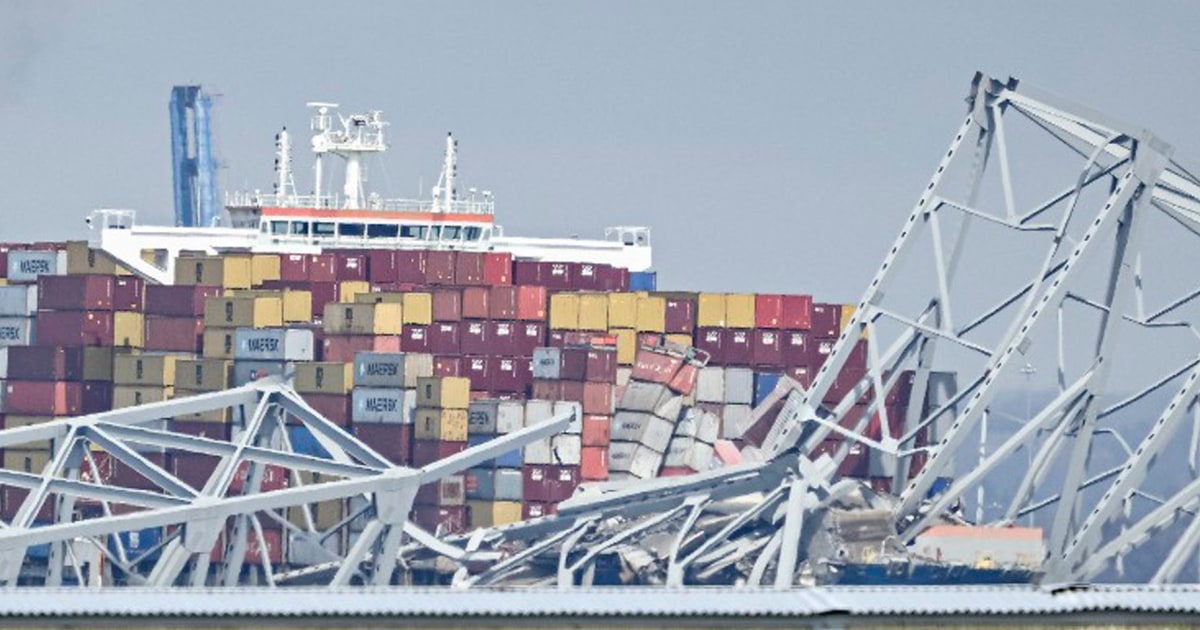This is the first measure announced by the head of government on Friday 29 January: "
Any entry into France and any exit from our territory to or from a country outside the European Union will be prohibited, except for an overriding reason
".
To avoid a new confinement, the executive has chosen to close the borders to limit the spread of the virus, at a time when several foreign mutants are worrying.
Read also: Rather than confinement, Emmanuel Macron chooses a reinforced curfew
Which countries are affected?
The government ban concerns all travel from or to countries outside the European area (European Union, Andorra, Iceland, Liechtenstein, Monaco, Norway, San Marino, Holy See and Switzerland).
For these latter states, any entry into France remains possible subject to a negative PCR test of less than 72 hours.
Seven countries not classified as a SARS-CoV-2 virus infection circulation zone, however, escape the ban: Australia, South Korea, Japan, New Zealand, Rwanda, Singapore and Thailand.
In these States, all categories of travelers are authorized to enter France.
For their part, the overseas territories, particularly threatened by the South African and Amazonian variants of the virus, are no exception to the rule.
While Guadeloupe and Martinique remained popular destinations for the French for their February vacation, travel to and from the metropolis will now only be authorized for "compelling reasons" according to the Minister of Overseas Sébastien Lecornu.
What exceptions?
From Sunday January 31, any entry into French territory, regardless of the mode of travel, will therefore automatically be subject to a PCR test.
An obligation already in force for travel by sea and air, and which now also extends to land.
The only exception mentioned by Jean Castex, “cross-border workers”, particularly numerous in Germany, Belgium and Switzerland.
For their part, French nationals from overseas, abroad or holders of a long-stay visa, must refer to the list of “compelling reasons” established by the Quai d'Orsay.
On its France diplomatie site, the conditions listed in the current certificates could be re-specified.
Concerning the United Kingdom where the variant of SARS-CoV-2 continues to circulate, the Ministry of Foreign Affairs indicates that travel is “
strongly discouraged
”, specifying that only persons appearing on the specific certificate for the United Kingdom, available on the Home Office website.
For how long ?
In effect from Sunday, January 31, the border closures have been decreed until further notice, depending on the evolution of the pandemic.
For Overseas Territories, the measure will not come into force until February 2.
What reactions?
The subject of political controversy since the start of the pandemic, the closure of borders has sparked various reactions on social networks.
Marine Le Pen, president of the National Rally, praised a measure which, according to her, remains "
one of the most effective means to slow the epidemic
", boasting of having demanded it "
from the beginning
".
Others, conversely, criticize a “
nationalization
” of the virus, such as the philosopher Bernard-Henri Levy who deplored a “
nation closing on itself its own iron curtain
”.
Already last March, France initiated the closing of Europe's external borders, a measure still valid more than ten months after its entry into force.









